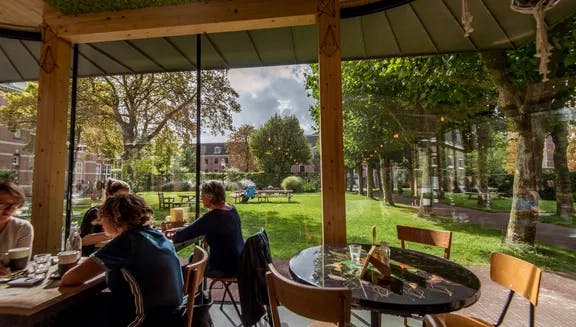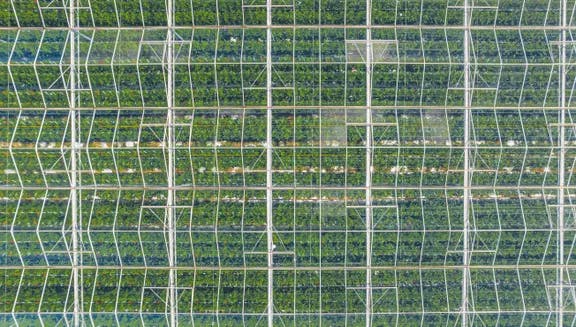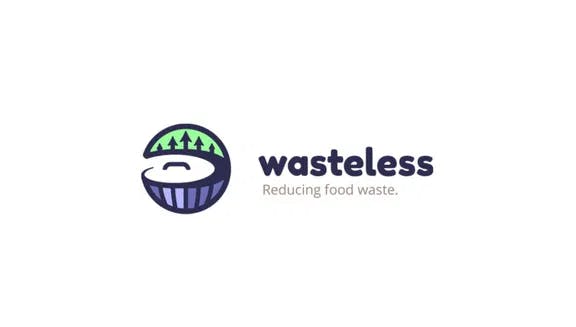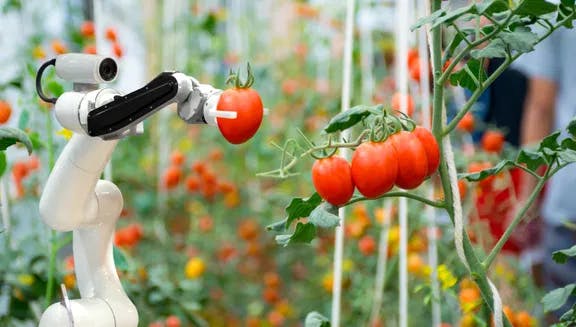
Top tips from the Amsterdam companies leading the fight against food waste
Why fight food waste?
The UN Environment Programme (UNEP) reveals that 8-10% of global greenhouse gas emissions result from discarded food, with Eurostat adding that the EU throws away a whopping 58 million tonnes of food each year, averaging 131 kg per person.
Amsterdam emerges as a pioneer in the fight against food waste, addressing the EU's staggering annual 58 million tonnes with innovative local initiatives. From AI-driven platforms to conscious consumption campaigns, the city takes a stand against environmental, social, and economic consequences, here are some practical tips from companies like Too Good to Go (TGTG) and Taste Before You Waste (TBYW).
Discover how Amsterdam leads the charge in minimising food waste and fostering a sustainable, community-driven approach.
Transformative solutions with Too Good To Go
- Start with Monitoring - Food retailers can monitor and map where, when, and how much food is wasted. AI, used by the TGTG platform, plays a key role, in enabling efficient management and redistribution of excess inventory through integration with the largest consumer marketplace for surplus food.
- Utilise AI for Expiration Dates - The TGTG platform helps retailers manage products approaching expiration dates more efficiently. It considers customer behaviour, seasonality, and other factors to estimate a product's likelihood of selling, suggesting a percentage discount as the item nears its expiration date.
- Clarify Expiration Dates - Too Good To Go emphasises the importance of consumers understanding the difference between "best before" and "use by" expiration dates. TGTG raises awareness amongst consumers that "best before" indicates product quality, while "use by" guarantees food safety. Through a pictogram that can be found on hundreds of products from the biggest brands, consumers are encouraged to rely on their senses—look, smell, and taste—to determine if a product is still good after the "best before" date.
Seizing the opportunity to gain some insight from the food-waste pioneers themselves, I amsterdam asked Geertje Zeegers, Country Director BENE at Too Good To Go, to share her top tips for people to reduce waste at home:
1. Make a shopping list – prevent the waste before it starts.
“It may be a bit boring, but the best piece of advice I can give as a consumer is to make a shopping list. If you go shopping with a shopping list, and you check beforehand what is in your fridge, it’s one of the best ways to prevent buying too much food.” - Geertje Zeegers
2. Get creative with leftovers – reuse what you’ve got to make something new.
“When you have leftovers - which I think we need to rename by the way - you can upgrade them quite easily into something else the next day. Especially with things like rice and pasta, for some recipes like fried rice, it’s even better when it’s a day old!” - Geertje Zeegers
3. Freeze what you don’t use – preserve food in the freezer instead of tossing it in the trash.
“Never throw food away – there’s almost always a way to save and reuse it. For example, brown bananas can be frozen and turned into ice cream, or bread can be frozen and eaten weeks later.” - Geertje Zeegers
Taste Before You Waste’s call for conscious consumption
- Prioritise quality over aesthetics - local shops often have a great variety where vegetables may be less polished but are still fresh and serve their purpose.
- Buy what’s in season - locally, meaning less transport and time to expire.
- Don’t judge a book by its cover - disregarding superficial imperfections, and avoiding discarding entire batches due to isolated defects or the conclusion of specific events.
- Exercise creativity and challenge norms - embrace food prep, plan meals and utilise what you have, for example, old bananas for tasty banana bread.
In the fight against food waste, Instock and The No Waste Network also make significant contributions. Instock rescues products from waste, focusing on the hospitality industry, and sells them directly to consumers through InstockMarket. With about 100 suppliers, they conduct a daily quality check on rescued products. The No Waste Network, initiated by the Ministry of Agriculture, Nature, and Food Quality, collaborates with industry alliances to prevent food waste and optimise surplus product flows.
These local efforts align with the city's commitment to combat environmental, social, and economic repercussions. Amsterdam paves the way for a healthier, fairer, and more sustainable future in food.
Related articles

Feeding the community: Amsterdam food companies driving social change

Meet the companies driving the protein transition in Amsterdam

Why are the Dutch eating so many meat substitutes?

Key facts and figures on Amsterdam’s food sector

Too Good To Go is fighting food waste with an app-based marketplace

Wasteless combats food waste with an AI-powered pricing model

Feeding the future: Amsterdam's role in the global food transition

Vertical farming company Growy is on a mission to feed the world

Key facts and figures on Amsterdam’s energy sector

